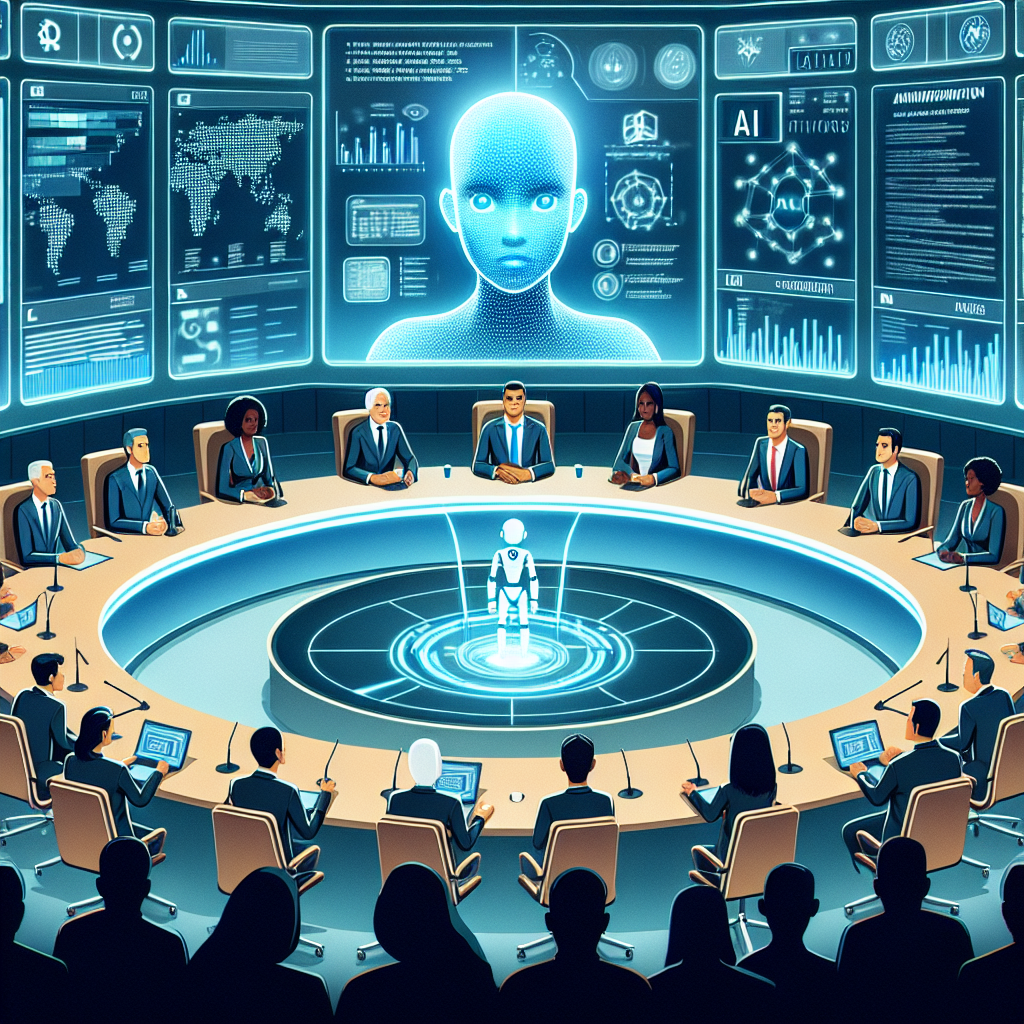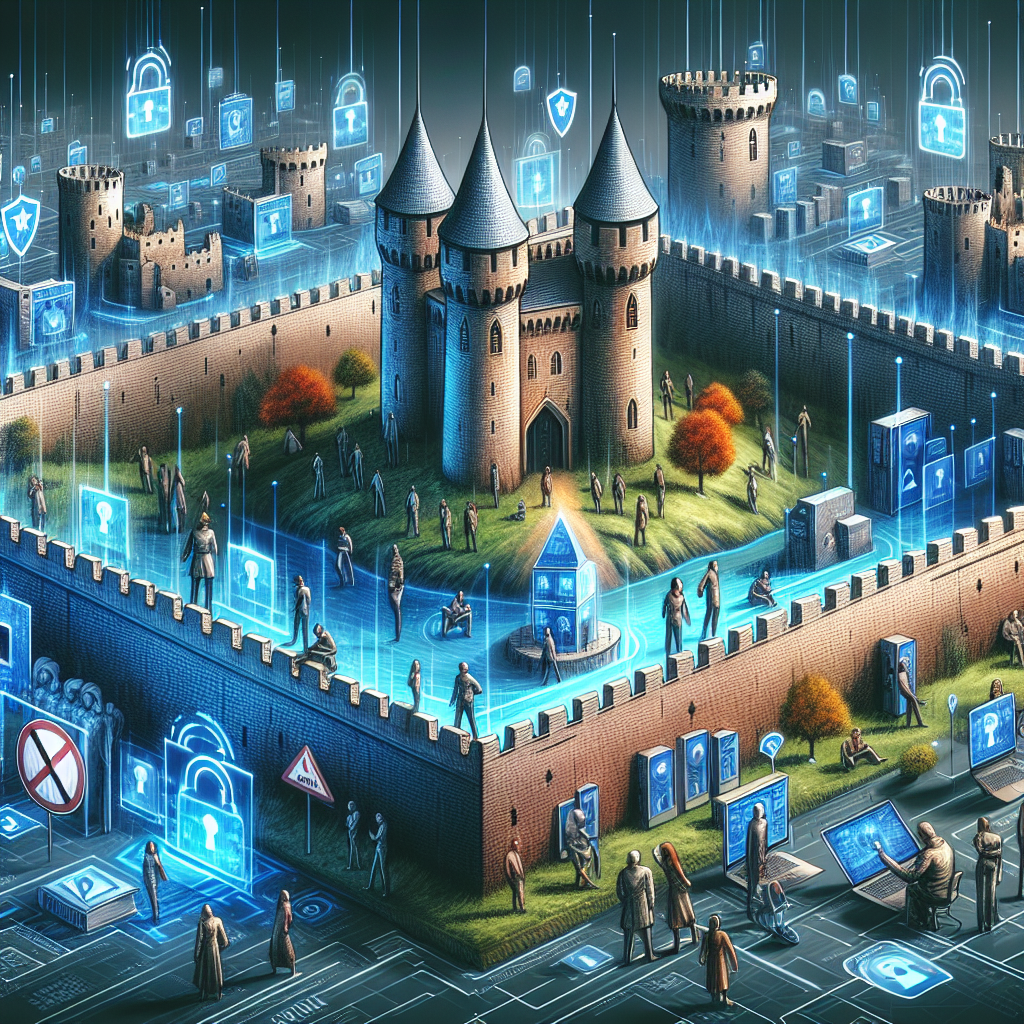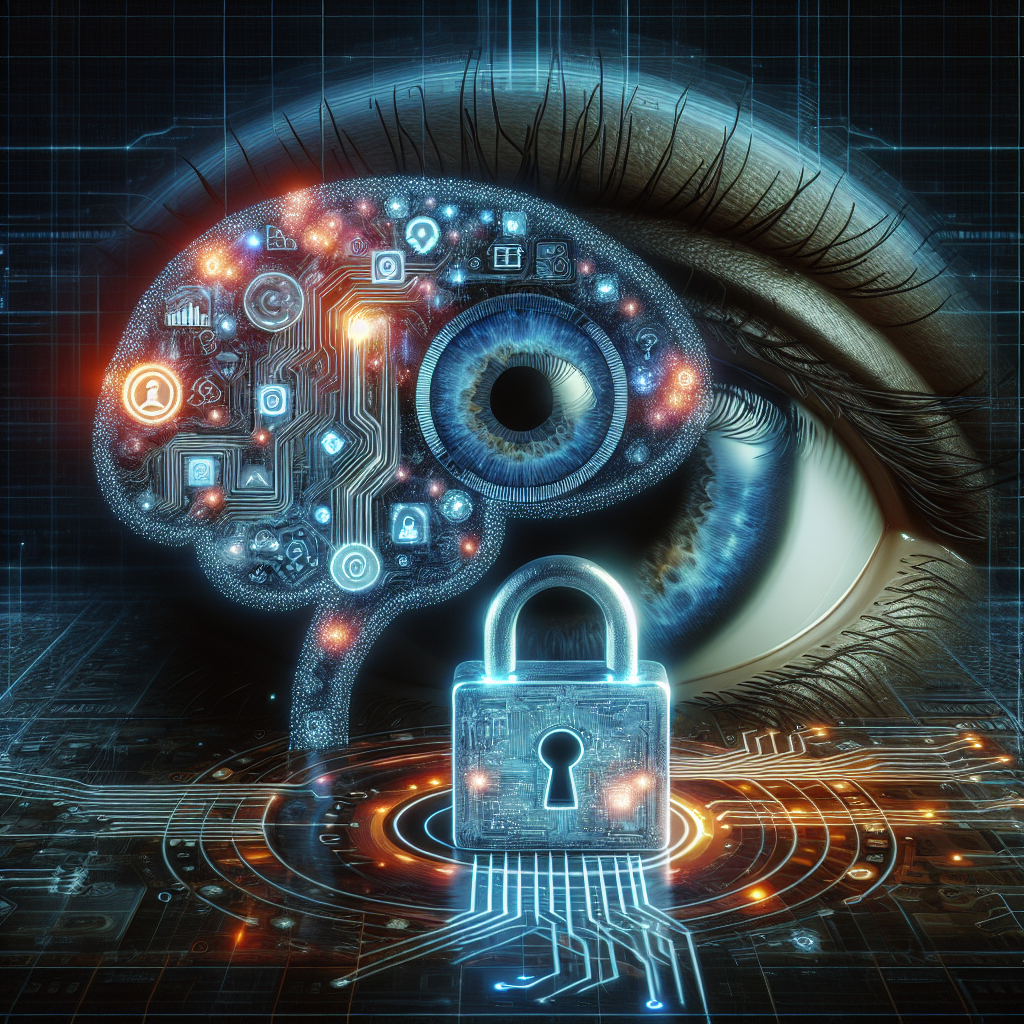The emerging debate among cybersecurity experts over the self-auditing capabilities of artificial intelligence software has intensified, with viewpoints diverging on the effectiveness and reliability of AI systems in safeguarding their own code against vulnerabilities. As highlighted in a recent piece on Startup News titled “Experts Split on AI Reviewing Its Own Code for Security”, the controversy encompasses a broad spectrum of opinions, ranging from staunch advocacy to vehement skepticism.
At the heart of the discussion is the question of whether AI can—and should—be trusted to inspect and enhance its security protocols without human intervention. Proponents of autonomous AI security auditing argue that AI systems can process vast amounts of data at speeds incomprehensible to humans, potentially identifying and mitigating threats much more rapidly than traditional methods.
Dr. Lisa Harrow, a leading AI researcher from the Technological Institute of Massachusetts, supports this view. She insists that the ability of AI to ‘learn’ from new security threats dynamically makes it not only suitable but also superior for the task of code review. “AI can adapt almost instantaneously to new hacking techniques, far outpacing human capabilities,” she noted during a recent cybersecurity conference.
Critics, however, caution against an over-reliance on self-auditing AI systems. They argue that leaving AI to its own devices might create an echo chamber effect where software could miss out on threats outside of its programmed parameters. James Corrie, a cybersecurity analyst with over two decades of experience, expressed concerns about unforeseen vulnerabilities. “An AI might excel in recognizing patterns it has been trained to detect, but intruders often think outside the box. Therein lies the danger,” Corrie explained.
An added dimension to the debate is the ethical implications of self-auditing AI. Critics like Tara Majumdar, a lecturer in ethics at the University of New York, fear that without proper guidelines and oversight, the deployment of AI in security roles could lead to scenarios where AI systems might independently develop and deploy countermeasures which transgress ethical norms or legal boundaries. “We must also consider what it means to have AI systems making decisions that might have serious repercussions, especially without clear legal or ethical oversight,” Majumdar pointed out.
The prevailing consensus seems to encourage a hybrid approach. Many experts propose a setup where AI and human security experts work in tandem, combining the speed and data-processing capabilities of AI with the nuanced, creative problem-solving abilities of humans. This method could potentially offer a balanced solution that leverages the best of both worlds—maximizing efficiency while mitigating risks.
As the technology continues to evolve, the dynamics of this debate will undeniably shift. The unfolding conversation mirrors broader societal inquiries into the role of AI in decision-making processes. What remains clear is that the integration of AI into security practices is a complex issue that spans technological, ethical, and practical realms.



